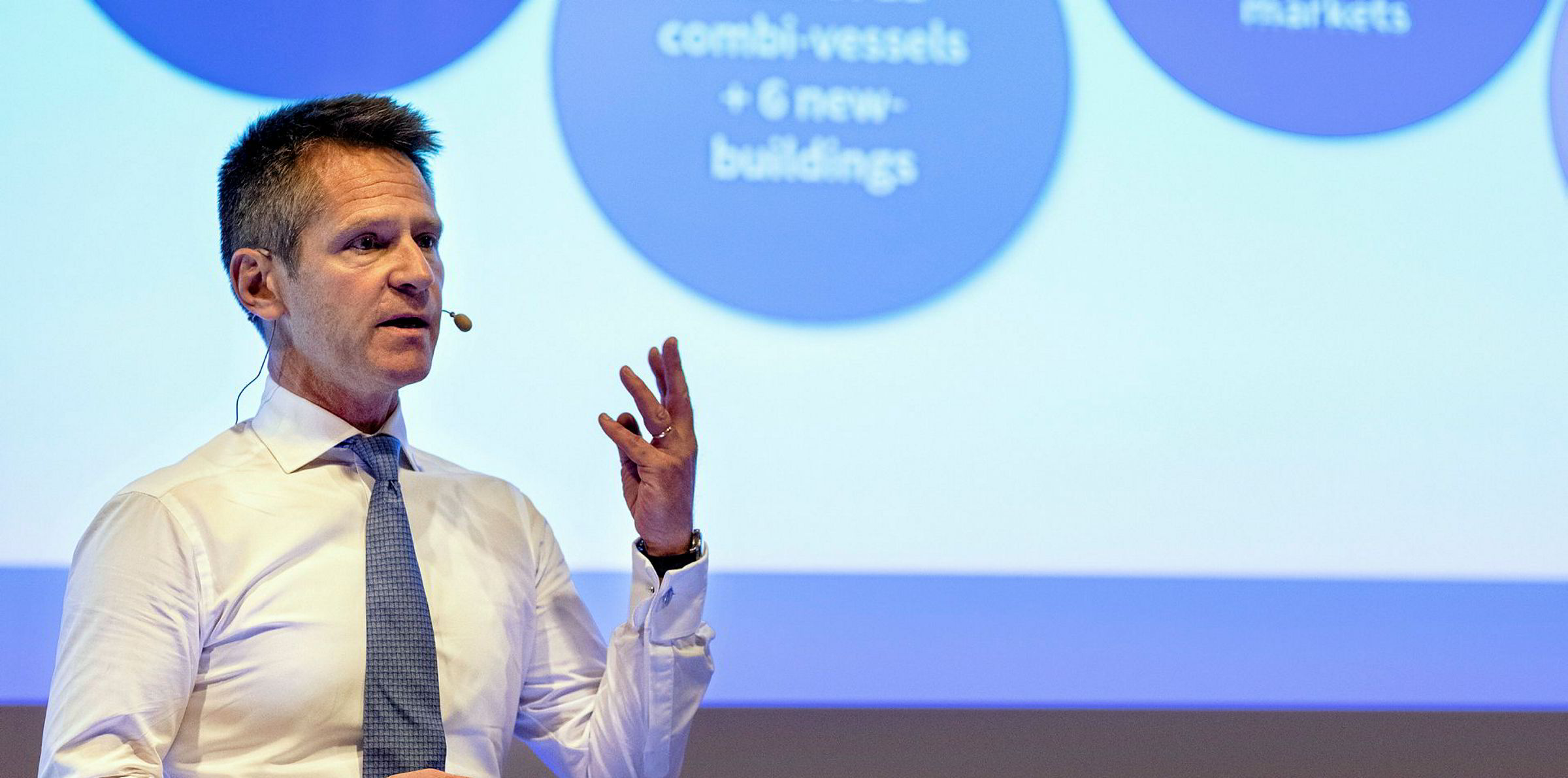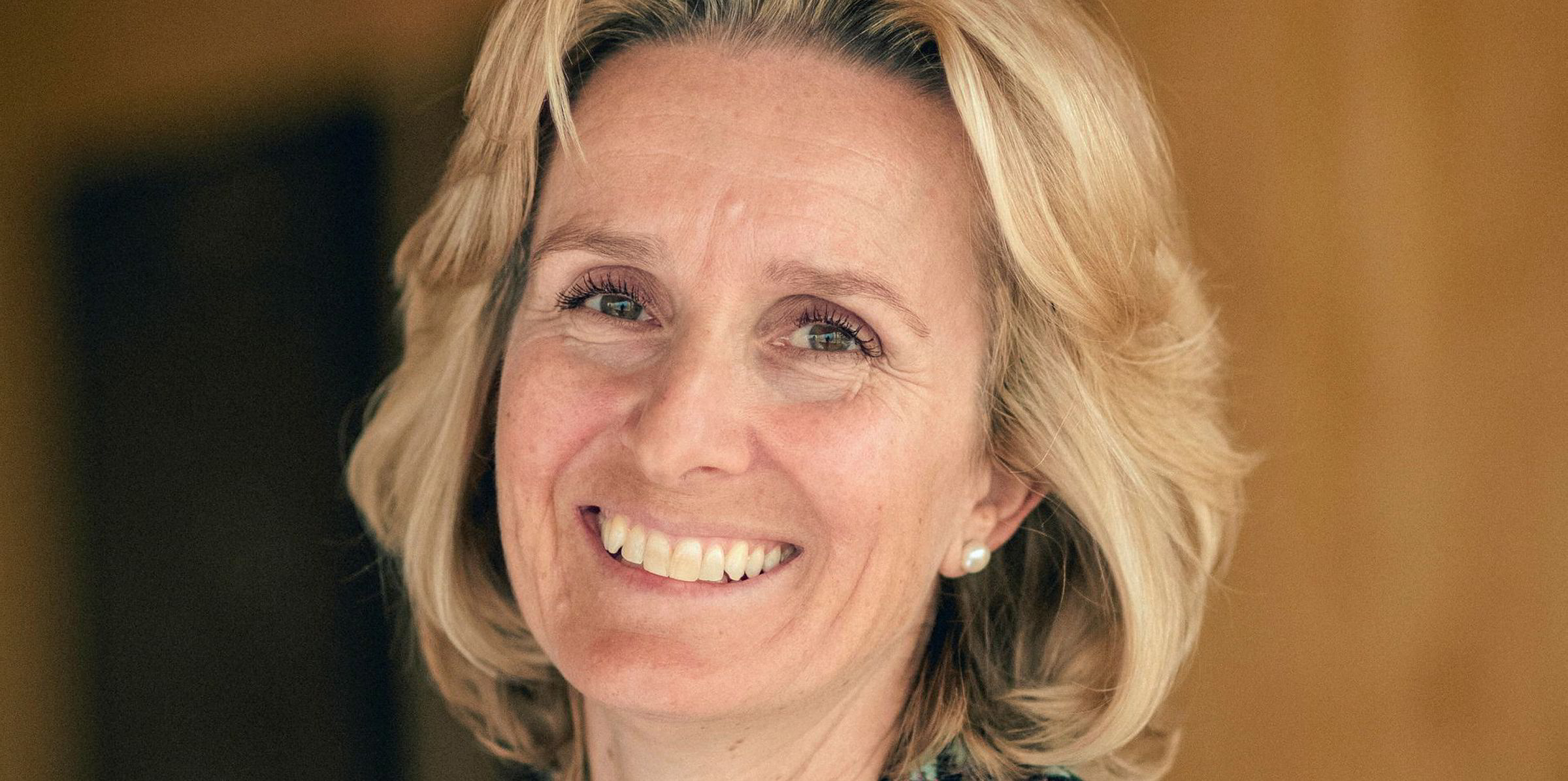Danish shipowners have revealed their latest plans to reach carbon neutrality by 2050.
The Blue Denmark group of shipping companies and related businesses has come up with 21 initiatives and recommendations that set the course for sustainable shipping.
The plan was launched this week by chairman Soren Skou, chief executive officer of AP Moller-Maersk, at a conference attended by Danish business minister Simon Kollerup.
The organisation vowed that the coronavirus pandemic would not affect its ambitions.
Blue Denmark pledged that the first oceangoing zero-emissions ship will be operating commercially by 2030.
The recommendations have been submitted to the government.
"In Blue Denmark, we maintain our goal of climate neutrality in 2050. For good reasons, the focus in recent months has been elsewhere, but the way forward for Danish shipping is to follow a sustainable direction," Skou said.
The partnership has worked on four themes: energy efficiency, ports and coastal shipping, green fuels and climate diplomacy.
It wants to establish a development and demonstration programme for shipping and set climate requirements for Danish ferry routes.
Ambassador needed
Blue Denmark also plans to hire a Danish ambassador to work on global climate regulation at the IMO.
Some of the other key points are:
- Sharing shipping companies' big data
- Removing waiting time in ports
- Green motorways at sea, moving freight off roads
- Climate-differentiated port charges
- Establishing a maritime centre of excellence
- Experimental schemes with new fuels
- A global research fund funded by shipping
- Coordinated Danish efforts to attract EU funds
- Fast-track scheme for new climate technology at IMO
"We can improve efficiency a good way, and we already do this across the industry. But efficiency improvements cannot in themselves bring us to goals, which is why it is crucial that we also follow a development path where untested technologies are at stake and where large investments are needed in research, development and testing," Skou added.
The group said that ferries have cut their emissions by 68% since 1990. And other forms of Danish shipping have reduced them by 40% over the same period.
"We have started the transformation of our profession, so that we can contribute to the government's objective," Skou said.
"The majority of Danish shipping's emissions happens outside the Danish borders, and because we are one of the largest maritime nations in the world, [we] have a responsibility to drive development towards climate-neutral shipping globally."
Some of the ideas were thrashed out at a climate partnership workshop in December, involving more than 150 people.
"I look forward to further cooperation between business, government and the Danish parliament," Skou said.






